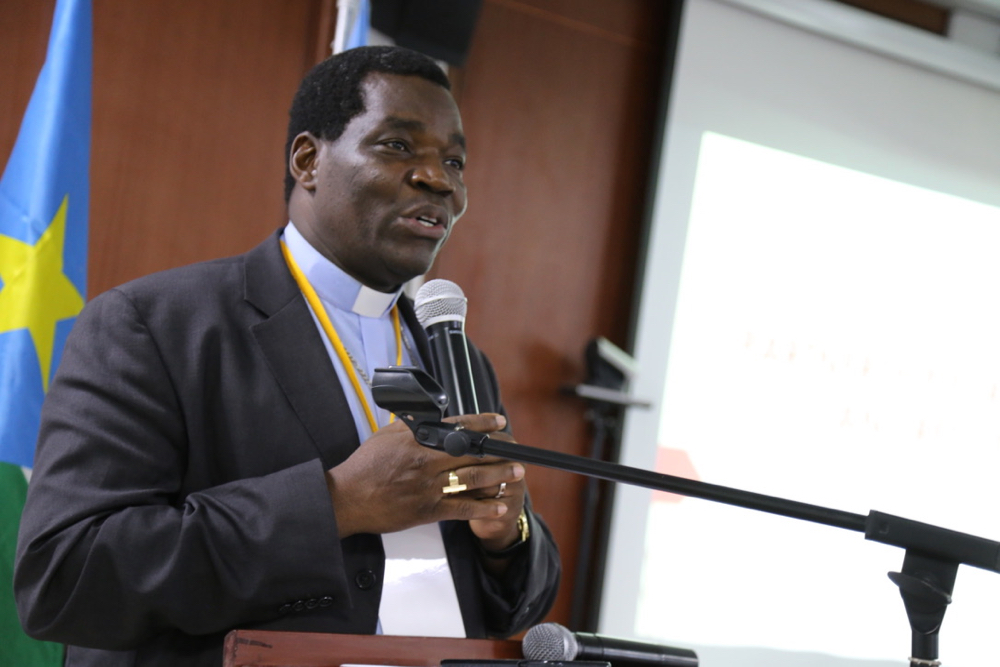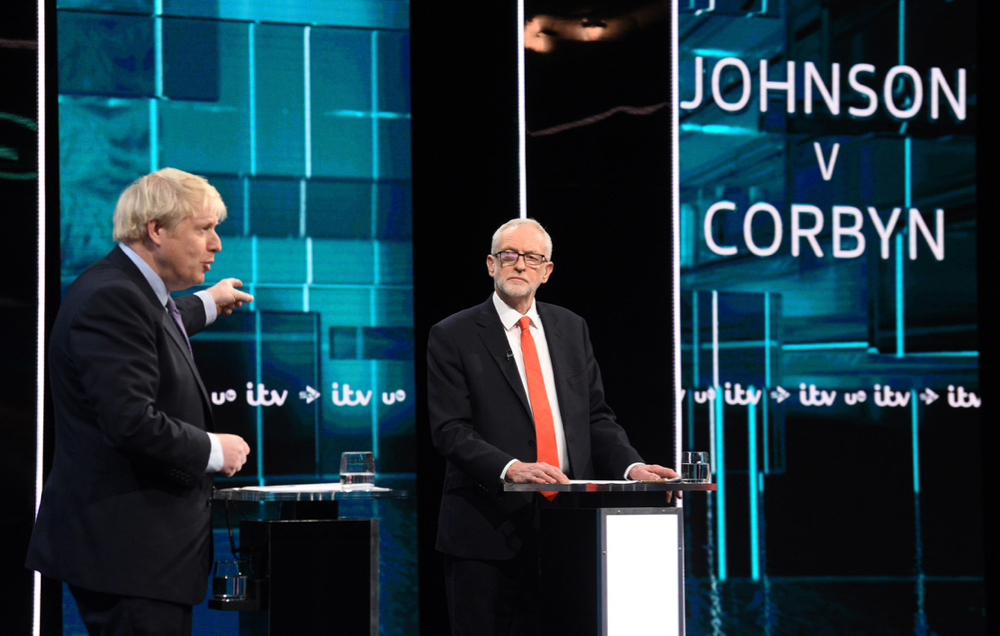Commentators often talk of "populism" as the new politics, but don't they mean "unpopulism"? Populism is rather scary. One thinks of the 20th century rise of Fascism, of authoritarian mass movements looking for scapegoats and finding them amongst those most easily marginalised; and of mass rallies baying for someone's blood. But unpopulism? It certainly characterises the mood of the present British general election, which by an almost unanimous consensus is a choice to see which party, and party leader, we dislike least. Unpopulism is about booing, not cheering. It is the opposite of a beauty contest, except perhaps in Scotland, where the Scottish Nationalists are still viewed favourably. Even in Scotland, however, unpopulism seems to apply to the rest of the field.
So how do we do politics in an age of unpopulism? We do it, I would suggest, not by granting power but by withholding it. Traditional British politicians regarded the weak governments that seemed to typify the democracies of western Europe as somehow inferior or inadequate, with their perpetual coalitions and endless churn among leaders. Italy, for instance, has had 61 governments since the war. If we count Thatcher-Major and Blair-Brown as single governments, Britain has had about eight. Single member constituencies and the winner-takes-all system in Britain are said to provide stability, in contrast to what happens under various forms of proportional representation where coalitions are more or less inevitable.
But since 2010 we have invented a new pattern of government, based on general elections producing what are called hung parliaments. The very term implies not something positive but a refusal to make a decision, by analogy with a hung jury in a criminal trial which has failed to reach a verdict. Hung Parliaments may turn out to be beneficial, even though those who still take a tribal view of politics do not like them. They want to see absolute victory, with their enemies crushed. Yet hung Parliaments may be the pattern which bests suits the new age of unpopulism.
Hung Parliaments lead either to minority governments, as under Theresa May and Boris Johnson, or coalitions, as under David Cameron and Nick Clegg. It is very instructive that under the two greatest national emergencies of the 20th century, the two world wars, Britain began each of them with one party government but then moved on to coalition government – governments of national unity, where decisions could only be made after intense negotiations between different interests. The fact that both wars ended with Britain on the winning side suggests that this form of government can be quite successful.
Minority governments in hung parliaments have to engage in intense negotiations between different interests. They have to learn to lay manifesto commitments to one side, and to go in search of policies which a majority of MPs can support. That quickly weakens the power of the whip system, where one party attempts to control the behaviour of every member, and leads to a spirit of independence among MPs who find themselves engaged in policy discussions from which they would traditionally have been excluded.
It requires a different political mindset; not "my party right or wrong" but "what can we MPs agree about?" The process bears some resemblance to pendulum arbitration, where two sides are obliged to work towards each other in negotiation in order to try to satisfy a neutral third party. There is still a winner, but the winner is the one best able to compromise.
Majority governments are still possible under unpopulism, but any complete victory over one's opponents is liable to be a poisoned chalice. Such governments come to power despite resentment towards them, and the resentment is only likely to increase as they try to govern. It is well known that the popularity of any government tends to dip after an election, so that under a Tory Government Labour usually does well in mid-term local government elections, and vice versa. Indeed this is a major flaw in local democracy, where genuinely local issues are pushed to one side and national trends prevail.
Under the winner-takes-all system a substantial part of the population is disenfranchised, and has no voice in the making of policy at national level. We can interpret the result of mid-term local elections as a protest vote against this exclusion from power.
So if unpopulism is becoming the norm, and elections are about choosing the government we despise least rather than the one we admire most, then hung parliaments are the best available expressions of that democratic will. Let's stop pretending they signify a failure of the democratic system. Let's hope there are more of them.



 Loading ...
Loading ...
What do you think?
You can post as a subscriber user ...
User comments (0)